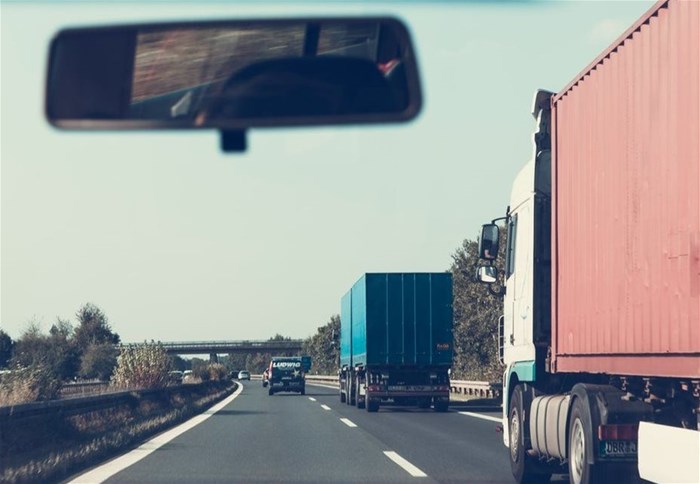






Here are some pointers to help business owners through the following months as we come to grips with the new economic reality.
If your trucks have not already been out, make sure your drivers have all the correct permits for travelling, whether it is for local or cross-provincial border deliveries. Without the correct paperwork, you risk delays or fines.
Keep your drivers informed by updating them about current risks – anything from the latest hijack hotspot routes to the dangers of picking up unauthorised passengers. Social unrest and provincial border control might influence journey times or routes so be sure to take this into consideration and to keep your drivers updated.
Pilferage and theft can be mitigated by locking the bodies of trucks with good quality locks. You could also place spikes or other deterrents on strategic areas, such as mudguards, to deter would-be boarders. There may be an initial cost outlay, but the financial impact of losing the stock would be much worse.
For further peace of mind, consider tracking cargo by placing small mobile tracking units among the goods in transit. Mobile electronic locks that will unlock only when the cargo arrives at its specified destination could be used for high-value items.
A broken-down truck is an easy target, so keep services up-to-date, and ensure basics like tyre pressure, oil and brake/ clutch fluid are checked regularly. Also remember not to overload. If your truck is going up a hill at a snail’s pace, people could easily board the truck to pilfer.
Even if you are tempted to overload to make up the slack caused by lockdown, our recommendation is: don’t. Overloading uses more fuel, incurs higher maintenance costs on brakes, tyres and shock absorbers, makes the vehicles slower and can be hard to control on downhills. Remember, if a truck is involved in an accident while overloaded, insurance cover may be void as overloading is illegal.
Companies that do not rely on a third party for logistics might well consider alternative delivery methods. Scooters can deliver small, frequent, local deliveries quicker and more cost-effectively while rail and air freight are less easy to target.
The so-called gig economy is producing many delivery options that could be used for certain logistics functions on a pay-as-you-use basis. Dedicated logistics companies might also see a place for these options in order to avoid having to use large vehicles for local delivery of smaller payloads, or to cope with spikes in demand without having to invest in new vehicles.
While the economy is likely to be challenging for the foreseeable future, there is no doubt that disruption creates big opportunities for those prepared to seize them. Make sure your logistics company is one of them.